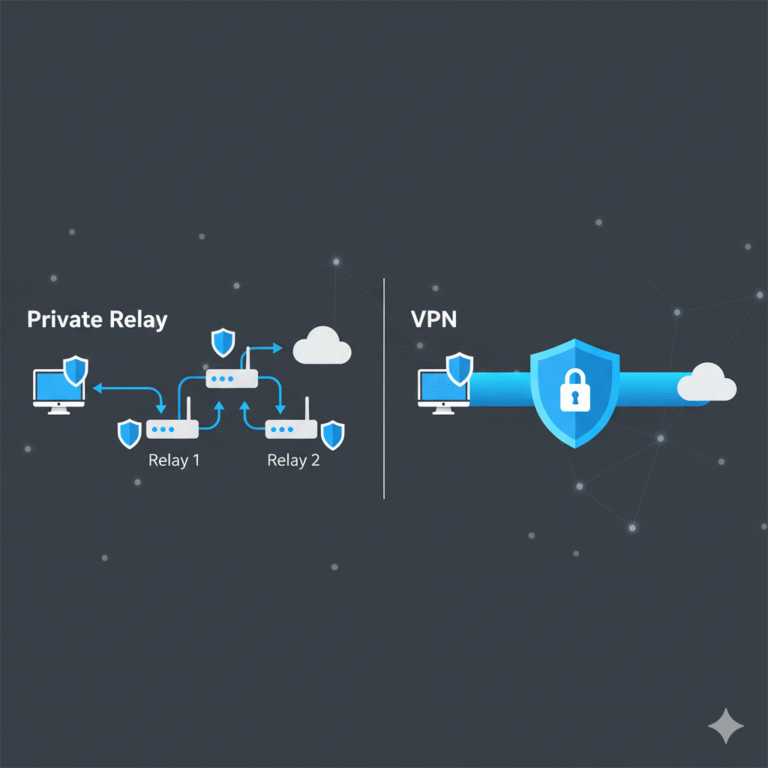Many users wonder is vpn legal in china—you’ll get a clear, up-to-date answer here. We’ll cover legalities, who it applies to, risks, how it works, and what to do if you need one.
What is the legal status of VPN use in China?
Using a VPN in China is technically restricted. Chinese law requires VPN services to be government‑approved. Unauthorized VPN providers are illegal to operate or sell (source).
For users:
- Chinese citizens using unsanctioned VPNs may face consequences—fines or service shutdowns.
- Foreigners/expats rarely face legal action, though VPN apps may be blocked or removed.
- VPN use is tolerated as long as it’s not linked to criminal activity (source).
✅ Related reading: is ascaler vpn also a proxy server
Why does China regulate VPNs?
The Great Firewall of China filters international internet traffic. To maintain information control, China:
- Banned unsanctioned VPN services (2017 policy).
- Requires licensing for each VPN provider.
- Blocks apps from major app stores (source).
This ensures access to foreign content is limited, yet essential business operations using VPNs are preserved.
🌐 Useful guide: how to access blocked websites using a VPN
What happens if I use a VPN without approval?
Potential consequences include:
- App removal and loss of access during inspection
- Throttling or blacklisting of certain IP addresses
- Monitoring or warnings if you’re a citizen using unauthorized VPNs
- No arrests reported for tourists solely for VPN usage (source)
ℹ️ Read also: vpn not working in china? Here’s what to do
Which VPNs actually work inside China?
Despite tight censorship, these VPNs continue to operate effectively:
- Mullvad VPN – excellent obfuscation
- VyprVPN – Chameleon protocol bypasses blocks
- ExpressVPN – Still working in some areas, despite being banned
- Surfshark and NordVPN – Use camouflage/obfuscated modes
Avoid free VPNs—they’re mostly blocked and insecure (source).
🛡️ See comparison: airvpn vs nordvpn – Which VPN Offers Better Security & Speed?
How do VPNs bypass censorship?
VPNs bypass China’s firewall using:
- Obfuscation (e.g., Shadowsocks, Obfs4, WireGuard Cloak)
- Rotating servers and dedicated IPs
- Manual config files or APKs installed from USB
The government uses DPI (Deep Packet Inspection) to detect and throttle known VPN protocols.
📌 More technical insight: what is a vpn concentrator and why it matters
Should travelers use a VPN in China?
Absolutely. VPNs allow:
- Secure access to Gmail, Google, YouTube, WhatsApp, Instagram
- Remote work with encrypted file sharing
- Bypassing geo-restrictions
Just download and set up the VPN before arriving in China.
🎯 Beginner’s guide: how to set up a vpn on android step by step
Can I bypass the Great Firewall without a VPN?
Alternatives exist, but are less secure:
- Tor Browser with bridges – slow and often blocked
- Freegate, Lantern, or Psiphon – basic circumvention tools
- SmartDNS or Shadowsocks – lighter, but less private
Still, VPNs remain the most robust solution.
🔒 Privacy alternative: how to stay private on public wifi with vpn
Are free VPNs recommended in China?
Not at all.
- Easily blocked and unreliable
- Lack proper obfuscation
- Often include ads, data logging, or DNS leaks
Always go with a trusted paid VPN built for use in China.
🛑 See why: free vpn vs paid vpn – Which is actually safe?
What about Chinese law updates & privacy regulations?
Recent laws like the PIPL (Personal Information Protection Law) impact:
- Data storage
- Data transfers overseas
- Provider compliance (source)
But personal use of VPNs—particularly by travelers—is still in a grey legal zone.
How should I approach VPN use if traveling to China?
- Download 3+ paid VPNs before your trip.
- Enable stealth or obfuscation mode
- Have offline config files
- Avoid mentioning VPN use to officials
- Use VPNs cautiously and only when needed
🧭 For streaming fans: how to watch jio cinema in usa without vpn
What risks remain when using a VPN in China?
While VPN usage is widespread:
- VPN connections may fail often
- You may lose access to certain services suddenly
- Some users get warning messages, especially locals
- Licensed VPNs are monitored and log activity
But no tourists have faced legal prosecution for private VPN use in 2025.
📢 Use wisely: what location to put vpn for unrestricted chat gpt
Final Thoughts
So, is vpn legal in china? It’s restricted but not outright illegal. For residents, it’s risky without government approval. For travelers, it’s generally tolerated—but VPN use is never 100% safe.
Prepare ahead:
- Choose a VPN built for China
- Avoid free VPNs
- Download everything before entering the country
- Enable obfuscation for stealth
👉 Stay informed, stay private—and browse smart.



